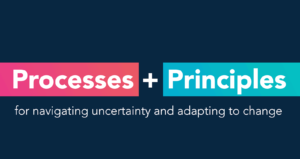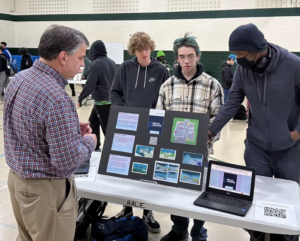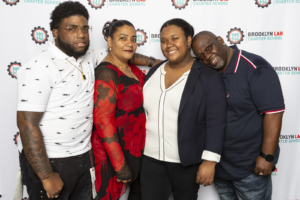House Ed hears from charter experts
The House Education and Labor Committee will hold a hearing on Thursday, June 4 to examine how supporting outstanding charter schools can help build an innovative, world-class American school system that educates all students to high levels. President Obama has repeatedly called on states to lift restrictions that limit the growth of successful charter schools and encourage rigorous accountability of them.
Witnesses include:
· Steve Barr Founder and Chairman of the Board Green Dot Public Schools Los Angeles, CA
· David Dunn Director Texas Charter School Association Austin, TX
· Jim Goenner Board Chair National Association of Charter School Authorizers and lead authorizer at Central Michigan University Mount Pleasant, MI
· John King Managing Director Excellence Preparatory Network, Uncommon Schools New York, NY
· Barbara O’Brien Lt. Governor Colorado
· Jim Shelton Assistant Deputy Secretary, Office of Innovation and Improvement Department of Education
This is a great panel. They’ll undoubtedly mention that
· Charter school developers like Green Dot, KIPP, High Tech High, Aspire, Uncommon, and Achievement First, are opening schools of reliable quality in America’s least well served communities
· Charters operate with less funding and typically have to provide their own facilities
· Charters typically make good use of more autonomy, are effective employers, and responsive community partners
· There’s some promising evidence about the potential to convert failing schools to charter schools
Here’s some things that may not be said at the hearing:
· For-profit charter networks are now larger than non-profit networks.—private sector incentives for speed, quality and scale are proving to be effective. We should make it easier for them to open more schools. J.C. Huizinga from National Heritage would have been a good addition to the panel.
· About 2 million kids will take online courses in September and virtual charter operators in 18 states will serve over 200,000 students. Operators like K12, Connections, Apex and KC Distance Learning are creating the future. In the next decade, most high school kids will do most of their learning online (even if they’re in a traditional school). Ron Packard from K12 would have been a good addition to the panel.
· Authorizers are getting better at screening out bad applicants, but 1) it’s usually hard for good operators to open more schools, 2) it’s hard to propose anything innovative, 3) the two year application process is often expensive and, as a result, screens out a lot of entrepreneurial teachers and community members.
· There are still 9 states without a charter school law. They either lack urban challenge (e.g., Dakotas), are union owned (e.g., WA), complacent or all of the above.
It’s great news that House Ed is hearing from the experts—at least some of them.






0 Comments
Leave a Comment
Your email address will not be published. All fields are required.